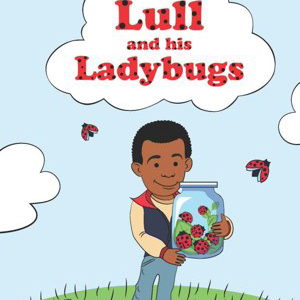 We start teaching kids about jobs and professions at an early age. By elementary school, they know what doctors, scientists, farmers and firefighters do. In some cases, there are supporting programs to help kids gain knowledge and hands-on experience needed for those careers and to put them in touch with those who work in the field.
We start teaching kids about jobs and professions at an early age. By elementary school, they know what doctors, scientists, farmers and firefighters do. In some cases, there are supporting programs to help kids gain knowledge and hands-on experience needed for those careers and to put them in touch with those who work in the field.
That's not always the case when it comes to entrepreneurship, even though the skills necessary to build and run one's own company can be relevant to anyone: financial literacy, responsibility, problem-solving, creative thinking, collaboration and independence. Add to that list "technical skills," and we have not just an outline for a curriculum for career-readiness, but also the building blocks for what has become -- and will probably become more so -- a crucial driving force for economic growth in the country.
So how do you explain "entrepreneurship" to kids? How do you explain business models, business plans, and basic economics?
Lull Mengesha argues that many elementary school-age kids already have an understanding of bartering, and that's where he starts the first book in his series "Building an Entrepreneur." Lull and His Ladybugs is based off of Mengesha's own experiences growing up and developing his own business sensibilities.
Born in Khartoum, Sudan, Mengesha came to the U.S. as an infant and grew up in a low-income neighborhood outside of San Diego. He was bussed into a school in a different part of town, where he and his friends would stare at their school-provided meals and wish they had the sack lunches -- full of snack-cakes and juice-boxes and chips -- their wealthier classmates would bring to school.

